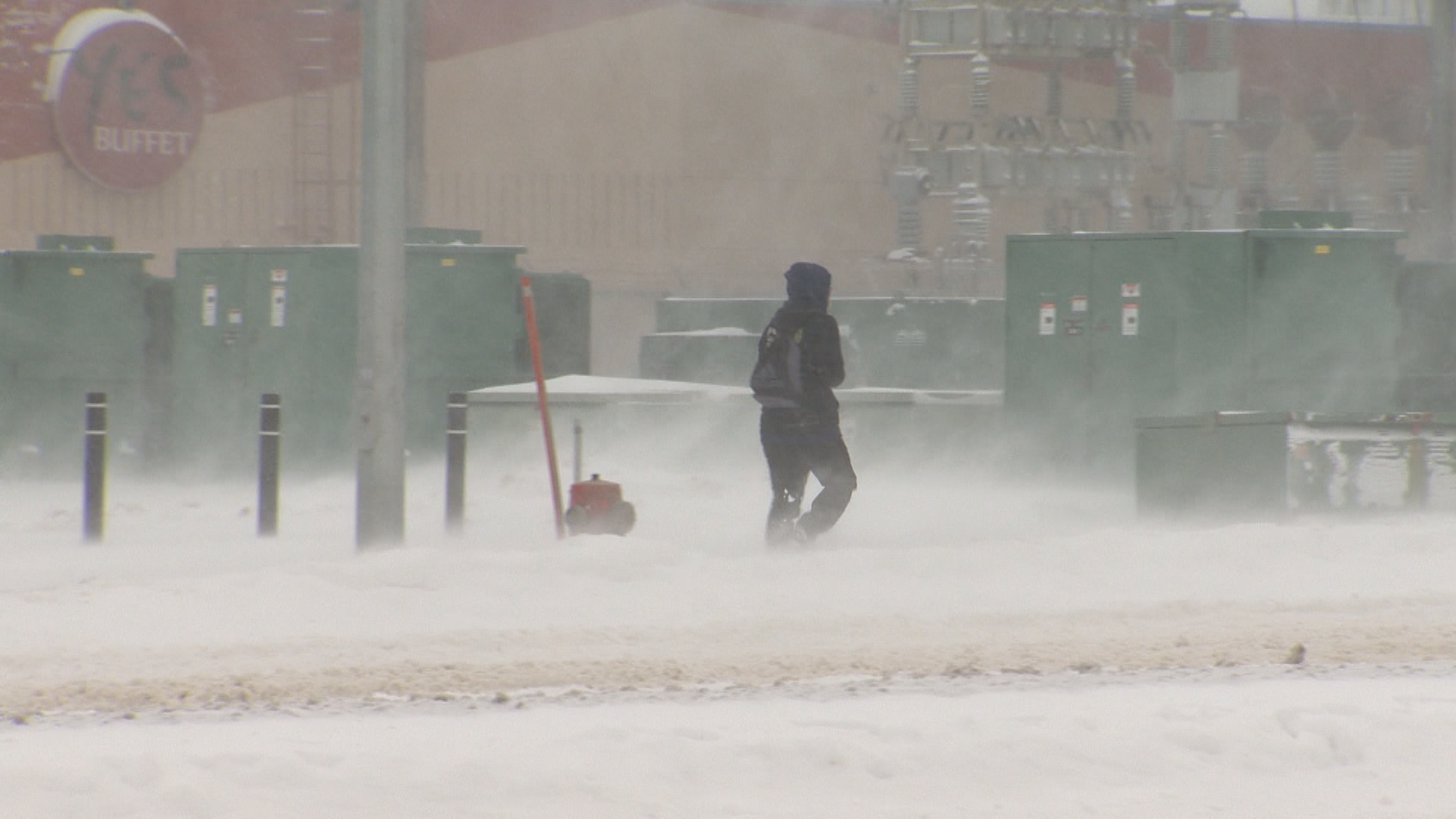A year ago at this time, mosquitos were beginning to emerge and other insects were slowly coming out of hibernation.

It’s a far cry from what Manitoba is experiencing right now, as spring snow continues through the week.
“Last year at this time it was like 20 degrees and bugs were out already. And with mosquitoes, they wait for the right conditions,” said Taz Stuart, entomologist with Poulin’s Pest Control.
With another bout of snow and rain expected over the weekend, Stuart says Winnipeggers won’t have to worry about slapping biting insects anytime soon.
Mosquitos need standing water and warmer conditions in order to begin reproducing, Stuart says, adding that the peak of this year’s mosquito season will take place later than usual.

Get breaking National news
“It’s too cold, and the long-range forecast looking at the next seven days, you’re looking at very cool temperatures.”
The tables could turn quickly though, “if temperatures rise dramatically in the weeks to come.”
“If it gets hot really fast, that melts everything the water bodies come, (mosquitos will) actually have the eggs that are sitting there, turn into larvae and then start developing,” Stuart continued.
As for when bugs of a different variety will begin buzzing, the cold weather also plays a part.
“The spring is a super-sensitive period for them,” said professor Rob Currie, an entomologist with a focus on wasps and bees at the University of Manitoba.
“They’re trying to establish new nests, and if conditions are tough, it really reduces the chance that they’ll successfully establish.”
If the unseasonably cold weather continues, fewer wasps will be in the air come the dog days of summer across the province.














Comments
Want to discuss? Please read our Commenting Policy first.